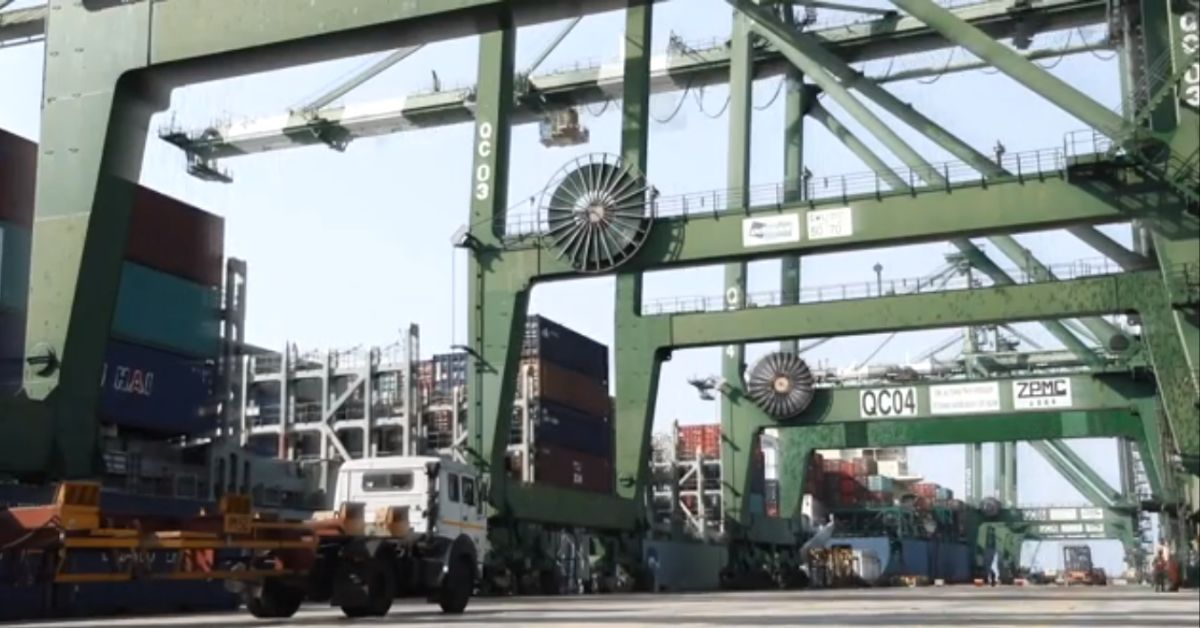Tamil Nadu Maritime Board has embarked on an ambitious plan to boost its maritime infrastructure. The state Maritime Board has identified 17 locations for developing private ports. These strategic locations have been shortlisted considering several aspects such as availability of natural draft, general marine conditions, minimum modification to the existing infrastructure, connectivity to the hinterland with a view to promote regional development. These guidelines have been listed by the Tamil Nadu State Ports Development Policy.
The 17 locations include Cuddalore, Nagapattinam, Rameswaram, Pamban, Kanniyakumari, Colachel, Kattupuli, Ennore minor port, Panaiyur, PY-03 Oil Field, Thiruchopuram, Silambimangalam, Parangipettai, Thirukaddaiyur, Thirkkuvalai, Udangudi and Kudankulam.
According to sources, private or public limited companies making substantial investments in coastal areas requiring port-based facilities will be allotted sites for the construction of ports or jetties, both captive and commercial. The idea is to satisfy requirements of port-based industries for allocation of sites for the construction of captive ports and to create port facilities.
The state will provide long-term lease for a period of 30 years. However, on completion of 10 years and upon the request of the operator, the board will review the performance and extend the lease to 99 years.
Under the policy, captive ports, existing and those coming up in future, will be permitted to handle other commercial cargo with prior approval of the board. If the port handles only captive cargo, it will be permitted on the principles of build, own and operate (BOO) and if it handles multi-user specific cargo and multi-commercial cargo, it will be permitted on the principle of build, own, operate and share.
If a captive port which handles multi-user specific cargo and multi-commercial cargo but ceases to handle captive cargo, it will be based on the principle of build, own, operate, share and transfer. According to the policy, port could be awarded directly to companies entering into joint venture with government agencies, including public sector undertakings of the state provided a special purpose vehicle is formed to implement and operate the state port under joint venture between the consortium of promoters and government agencies. The aggregate investment by the government agencies in the equity of the port company should be up to 11% of the equity. The land for the port backup area will be procured by the port company and its nominated agencies. Such land may also include those transferred by the government or its agencies to the port company on a lease basis.







